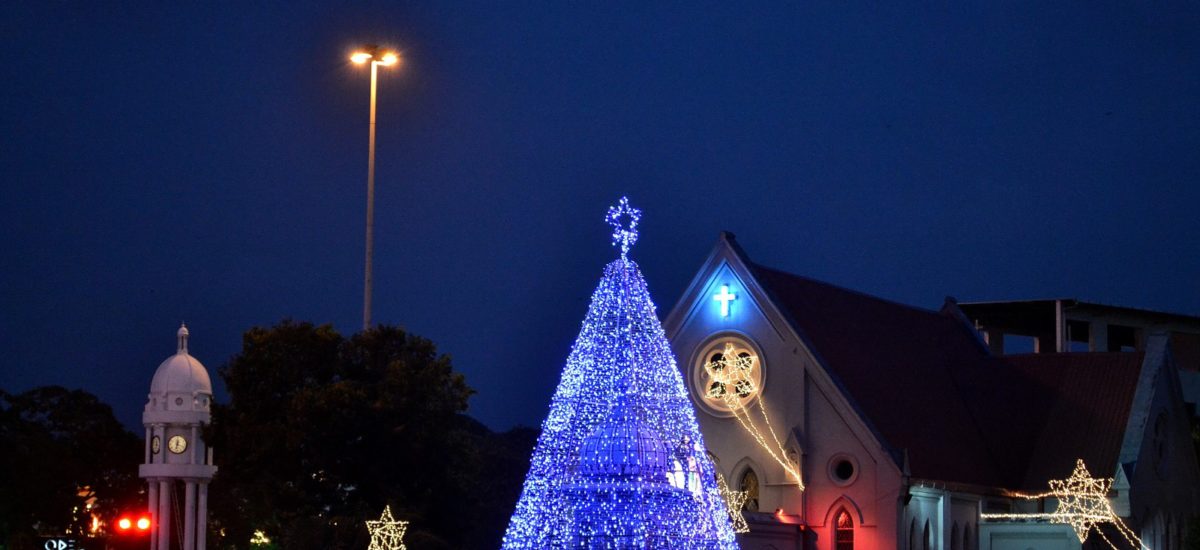Hard lessons
The birth of Christ has not changed the world but it offers hard lessons for those who work for change.
Herod, whom Jesus called the fox, is clever with words; nice words that serve his interests only. His request of the visiting dignitaries that they should inform him where the baby was, was not to worship the baby, but to exterminate him. His occupation of the Seat is not to be disturbed. The real man is seen in the failed man; unable to have his way but still in power, he punishes the innocent.
Stolen promises
Herod’s legacy is repeated in history. It is about deceit and the abuse of power. Power is first negotiated as nice power for clean governance. Thereafter things turn ugly. When questionable behaviour comes to light, deceit displaces promise. And when deceit is exposed, the innocent pay the price. Incompetent governance is bad enough; deceitful governance is unbearable. It steals the will of the people.
When this happens, frustration spreads on the ground and people awaken to learn that their voices are no longer heard; or never were. All that ever mattered was Seats in high places. We are then left with failed governance, where freedom and rights and identity, enshrined in constitutions and changes to come, mean very little.
Betrayed mandates
The Jewish religious hierarchy at the time of Christ’s birth was no better than Herod. It had cleverly crafted a dual objective to survive with benefits. Connected with and dependent on Herod, it was unable to stand up to him.
What was true of institutionalised religion then, is true of institutionalised religion now. This is why religion stays embarrassingly silent. It is unable to call politics to accountability, as it should, and consequently implies that it whispers advice in closed audience; which it seldom does.
Politics and institutionalised religion are exasperating. Both betray their mandate to put people first and have stealthily become anti people. This is why hope, for the people, rests with the people.
Herod’s court
The shepherds and wise-men go their different ways. Nothing is heard of them thereafter. They may have been stirred by their experience of ‘stable truth’; truth for life from amongst the vulnerable; to resist the Herod’s of their times. Or they may have been seduced into the courts of the ruling elite; a real temptation for many who grow weary in search of clean governance.
There is a story that one of the shepherds ended up as a door keeper in Herod’s court. He reasons with his questioning friends and restless conscience that he is now better placed to change Herod. Within the court however the opposite happens. Herod does not change; those in his court do. They become like him, perhaps more pathetic.
Those in the court are not trapped, they choose to be trapped. The same things that interest and motivate Herod now entice and motivate them. This is why they refuse to step out and sever ties. They have their own reward. All that is left is the fast fading dream of one day being able to make a difference.
Remnant change
Of the ‘stable truth’ encounter, only Jesus and Mary are left in the continuing narrative of truth for life. This is often the case. The peoples’ alternative of truth for life is carried forward by a remnant, inspired by the movement of the shepherds and wise-persons in the open space. Here, they are to protect one another from the wolves and discern the signs of the times. It is then, when the heart-beat of the flock and the positioning of the stars converge on that moment that a fresh burst of energy will lead to change; only to be stolen again and then regained all over again.
This is reality. This is life. This is the message of Christmas.

